CMU/Yale study suggests BEVS could be majority or near-majority of cars and SUVs by 2030 given technology trends
Green Car Congress
JUNE 9, 2023
A study by a team from Carnegie Mellon University and Yale University suggests that BEVs could constitute the majority or near-majority of cars and SUVs by 2030, given widespread BEV availability and technology trends. Their open-access paper is published in Proceedings of the National Academy of Sciences (PNAS). —Forsythe et al.

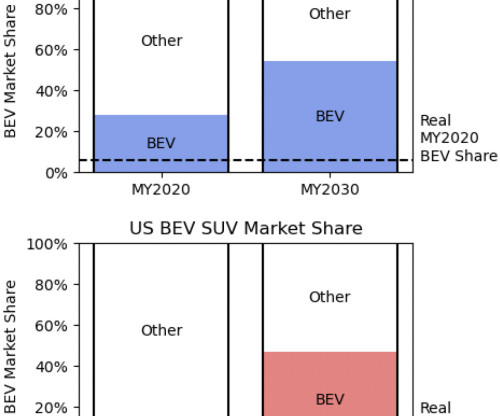












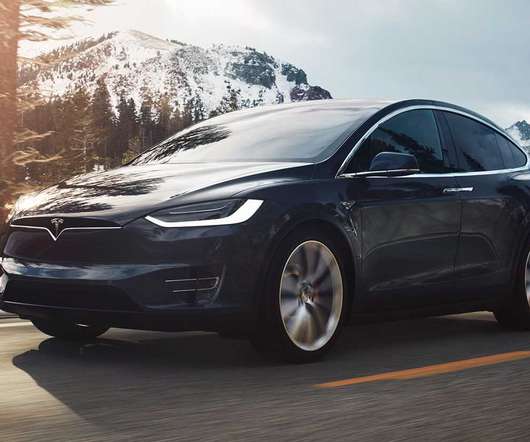

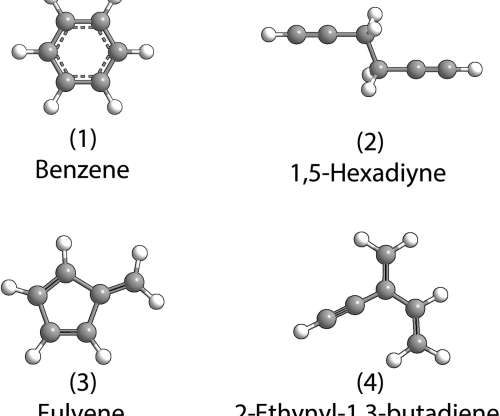
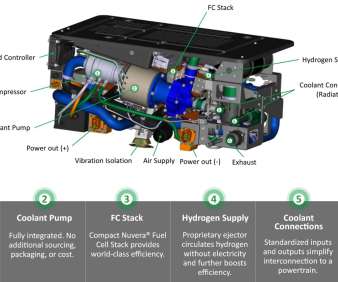

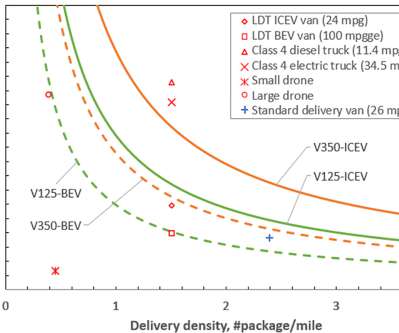





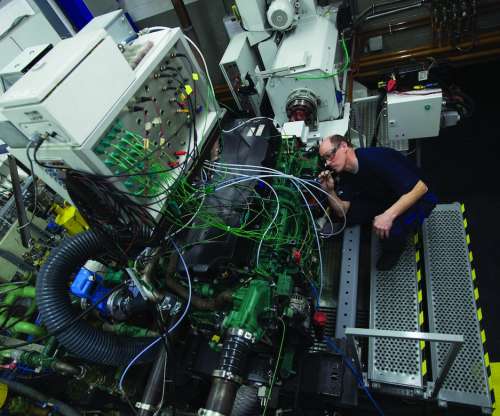








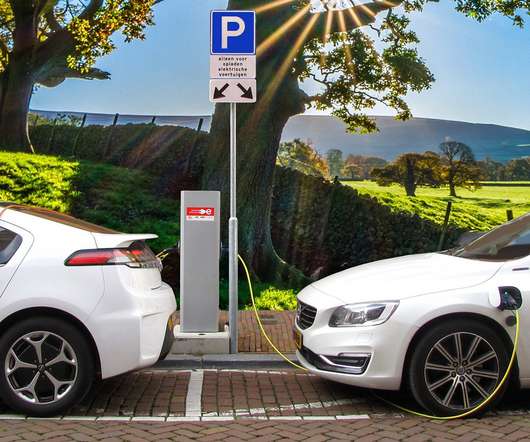
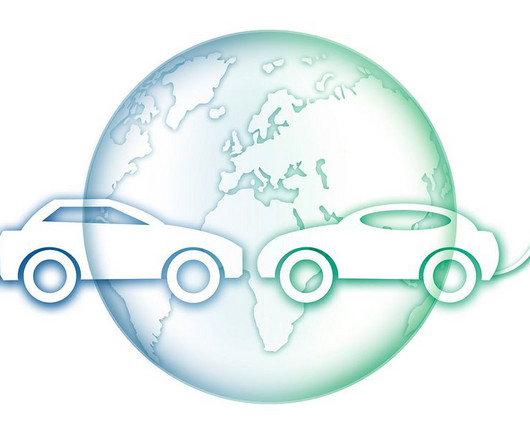







Let's personalize your content